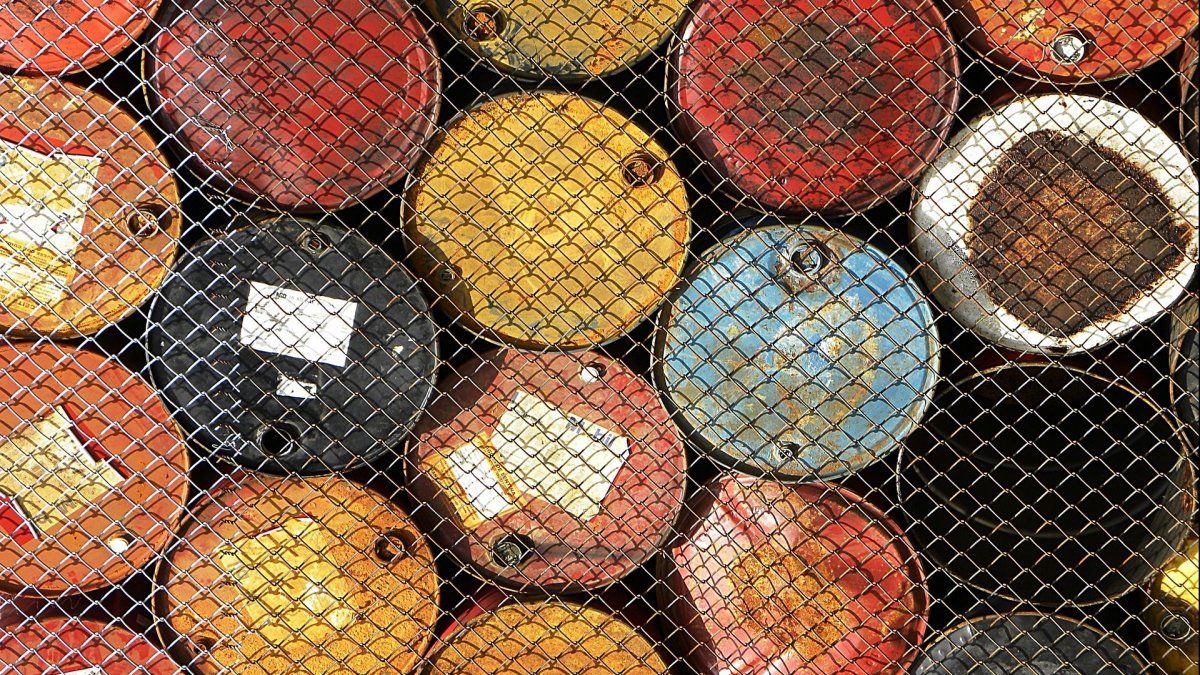He United States Department of Energy said would sell 26 million barrels of oil from the Strategic Petroleum Reserve (SPR), which is already at its lowest level since 1983.
The Energy Department had considered canceling the fiscal year 2023 sale after the US President’s administration Joe Biden sold a record 180 million barrels from the reserve last year. But to do so would have required Congress to modify the mandate.
The concern about the offer also dissipated after the Energy Information Administration (EIA) said that expected record production in March in the seven largest shale basins in the United States.
Besides, crude oil exports resumed in a turkish port after the devastating earthquake that shook the region.
The inflation January in the United States recorded a 6.4% year-on-year, above the expected 6.2%, but below the 6.5% registered in December. In the monthly comparison it increased 0.5%above 0.1% in December.
In parallel, OPEC raised its global oil demand growth forecast for 2023 in its first upward revision in months, notably on the easing of China’s COVID-19 restrictions and slightly stronger outlook for the global economy.
Demand will increase this year by 2.32 million barrels per day (bpd), or 2.3%, OPEC said in a monthly report on Tuesday. The projection was 100,000 bpd higher than last month’s forecast.
“Worry is around depth and pace of China’s economic recovery and the consequent impact on oil demand,” he added.
OPEC was optimistic about the prospects for the world economyraising his forecast for growth to 2023. But he also said that a relative slowdownciting high inflation and expectations of further increases in interest rates.
The report also showed that the OPEC crude oil production fell in January after the broader OPEC+ alliance promised pump cuts to support the market. Production declined in Saudi Arabia, Iraq and Iran, offsetting increases in other countries. Its crude production in January fell 49,000 bpd to 28.88 million bpd.
As a counterpart, the International Energy Agency (IEA) said that although oil and gas profits increased in 2022, by 2023 the director of the agency, Fatih Birolrecommended that countries dependent on oil revenues reduce their reliance as long-term demand will fall.
“Especially the Middle Eastern countries have to diversify their economies. In my opinion, COP28 (climate summit) could be an excellent milestone to change the fate of the Middle Eastern countries,” Birol said.
“You can no longer run a country whose economy depends 90% on oil and gas revenues, because the demand for oil will decrease,” he added. This year, the United Arab Emirates, a member of the OPEC group of oil-producing countries, will host the United Nations climate negotiations.
Source: Ambito
I am a 24-year-old writer and journalist who has been working in the news industry for the past two years. I write primarily about market news, so if you’re looking for insights into what’s going on in the stock market or economic indicators, you’ve come to the right place. I also dabble in writing articles on lifestyle trends and pop culture news.




